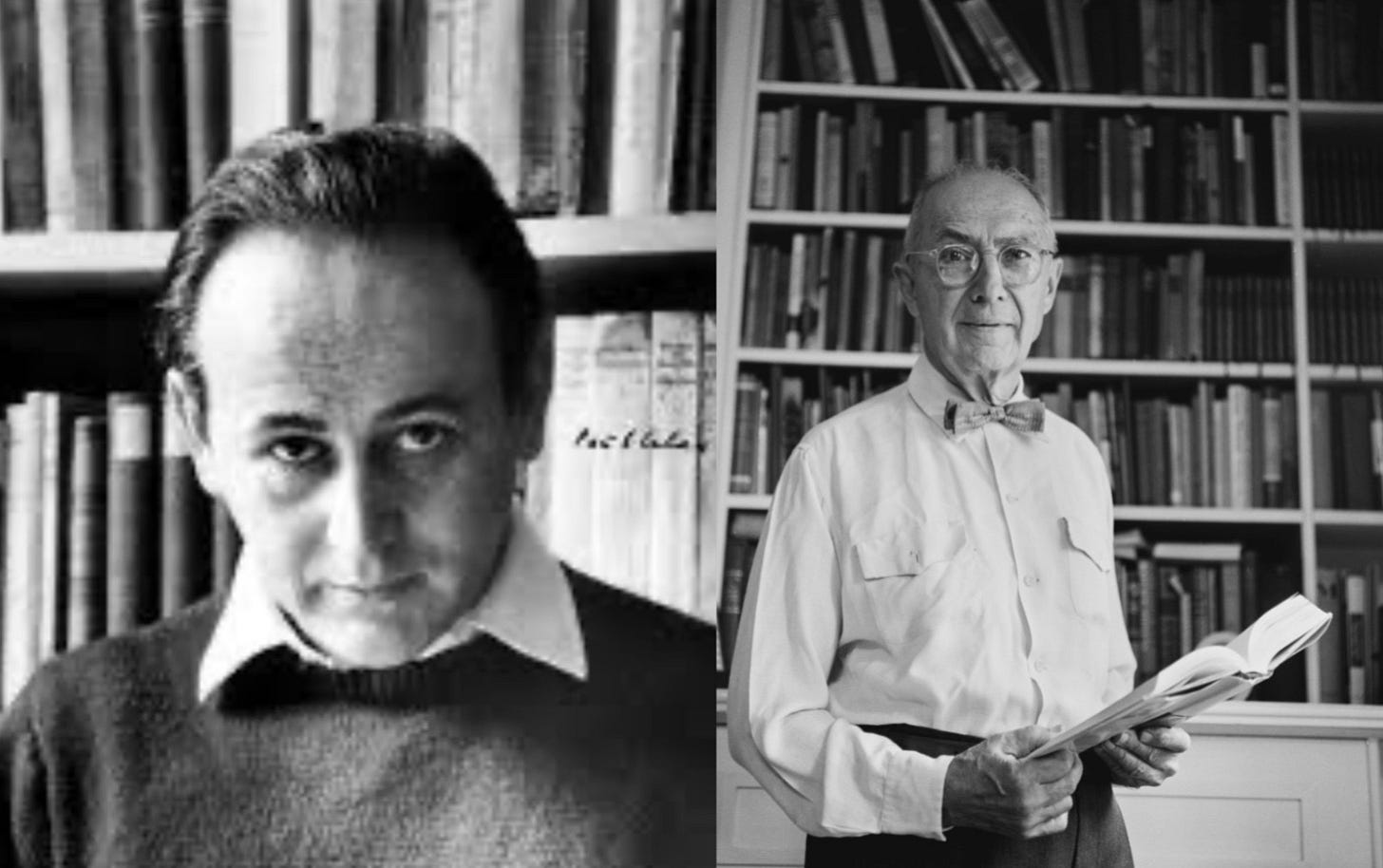There is something that really annoys me about how people think about poetry. It is the concept of “about”, the idea that a poem is just circling around a central idea. Often English teachers talk about what the given poet is “trying to say”. As someone who lives in a family of writers I would know that poets aren’t just sitting down, saying “I will write a poem about Death” and then picking up a thesaurus— “ooh! Mortality is a nice sounding word!”
Think of William Carlos Williams as an example. His belief was that poetry should have (paraphrasing) “no ideas but things”. His poetry is without decoration. It is (as Beckett said of Joyce’s work, again paraphrasing) “not about something, it is the thing.” When students read his poem “This Is Just To Say”, they are often left wondering, what is poetry? What you are taught in school is that poetry is a sonnet or a haiku or a villanelle etc.— in other words, something that can be easily categorized— but poetry is so much more amorphous than that, and so much less literal. The real question is, what isn’t poetry?
A very different poet to bring up would be Paul Celan. With Paul Celan there is neither ideas nor things. Celan’s poetry focuses on feeling and the unconscious mind more than ideas and conventional meaning. He takes the trauma of living through the holocaust as a Jew and makes us feel it. He doesn’t try to explain it, analyze it, turn it into an idea, no, he puts the reader in it, in the physicality and total bleakness of it. He writes not “about”, but into the subject. There is no other way it could have been written, nothing he is “trying to say”.
I love poetry that plunges you into its universe, without decoration, without prettiness. It should be recognized that in poetry ugliness, baldness, spareness can make as deep an impact as beauty— as Celan writes: “the glottal stop sings.”





